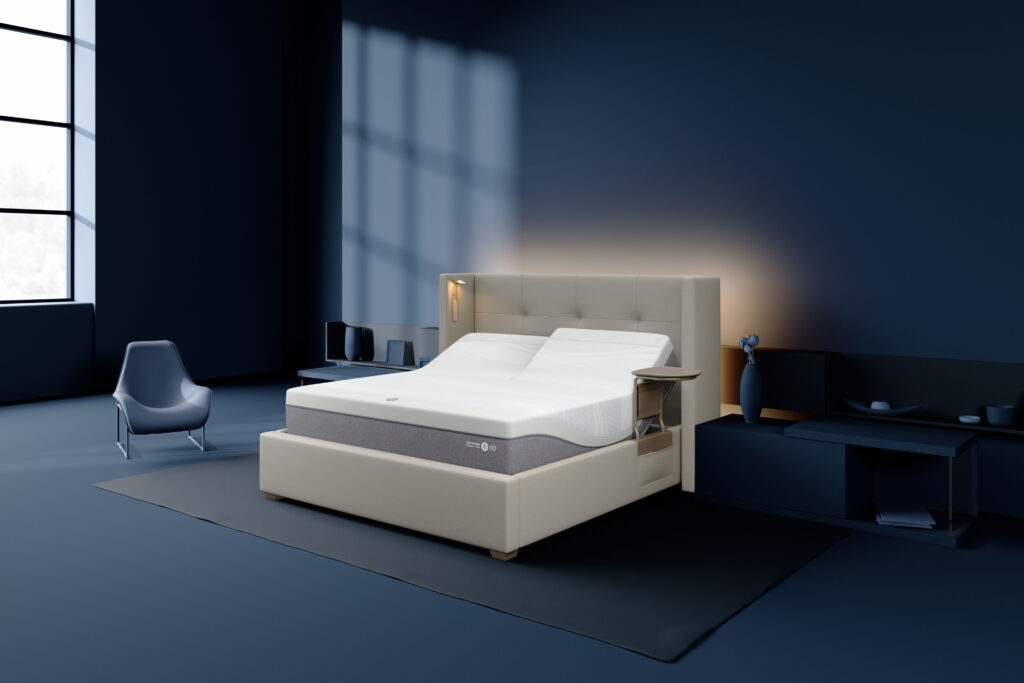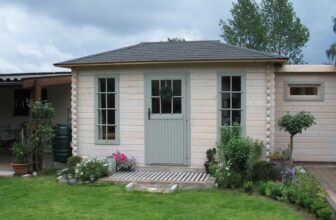
Sleep is an indispensable aspect of our lives, influencing our overall health and well-being. As we enter an era of technological innovation, the concept of smart bed technology emerges, promising groundbreaking advancements in the way we sleep. Smart beds are designed to revolutionize our rest experiences by integrating sensors, AI-powered features, and real-time monitoring. In this blog post, we will explore the world of intelligent bed technology, its components, and how it differs from traditional beds. We will delve into the health and wellness benefits it offers, and discuss cognitive advancements, data privacy concerns, challenges, and the future directions that lie ahead.
Table of Contents
Understanding Smart Bed Technology

Source: ir.sleepnumber.com
Smart bed technology encompasses various components that enhance the sleep experience. Sensors and data collection enable personalized sleep tracking and analysis. Integration with intelligent devices and home automation systems empowers users to control their bed settings effortlessly. The inclusion of AI-powered features and machine learning algorithms enables the bed to adapt to individual rest patterns and preferences. In contrast to traditional beds, smart beds offer unparalleled tracking capabilities, adjustable settings for optimal comfort, and real-time monitoring to improve rest quality.
Health and Wellness Benefits of Smart Beds
Smart beds offer a myriad of health and wellness benefits. By analyzing sleep patterns and environmental factors, these beds optimize duration and quality. Dynamic mattress firmness and pressure point relief cater to individual needs, while temperature regulation ensures an ideal sleep environment. Furthermore, intelligent beds contribute to physical health by alleviating back pain, improving posture, and promoting better spinal alignment. By combining cutting-edge technology with sleep science, these beds provide holistic resting solutions that elevate overall well-being.
Cognitive Advancements in Smart Bed Technology

Source: peverellicode.com
The AI capabilities of a smart bed are redefining the way we approach sleep. AI-powered sleep recommendations optimize rest schedules, fostering improved sleep routines. Smart alarm features gently wake users during the lightest rest phase, preventing grogginess. Moreover, these beds synchronize with other intelligent devices, creating a unified resting experience. From harmonizing lighting and sound systems to collaborating with assistants for voice-controlled adjustments, these cognitive advancements ensure a seamless and comfortable transition into sleep and wakefulness.
The Role of Data and Privacy
Data forms the backbone of smart bed technology. These beds gather a wealth of information, including sleep patterns, heart rate, and environmental data. Utilizing this data, these beds offer personalized resting solutions, ensuring a tailored rest experience for each user. While data is crucial for enhancing sleep quality, addressing privacy concerns is equally important. Smart bed manufacturers must prioritize data encryption, security measures, and transparent opt-in/opt-out policies to maintain user trust and safeguard sensitive information.
Challenges and Limitations of Smart Bed Technology

Source: lifestyleasia.com
Despite their potential, smart beds face challenges in widespread adoption. Affordability remains a primary concern, hindering accessibility for many consumers. Solutions such as cost optimization and financing options could pave the way for more widespread use. Additionally, compatibility issues with different intelligent home ecosystems call for industry-wide standardization efforts. Moreover, reliance on technology can lead to overdependence, impeding natural sleep practices. Educating users on mindful usage and striking a balance between technology and innate habits will be essential.







